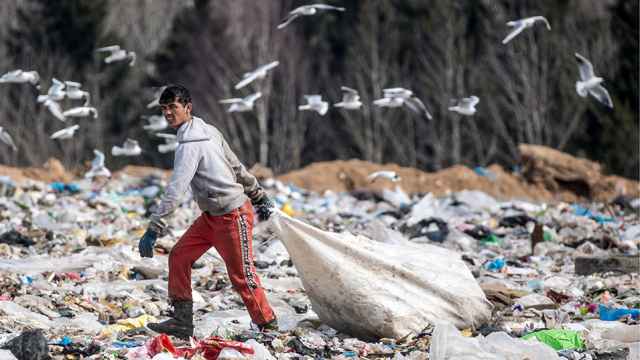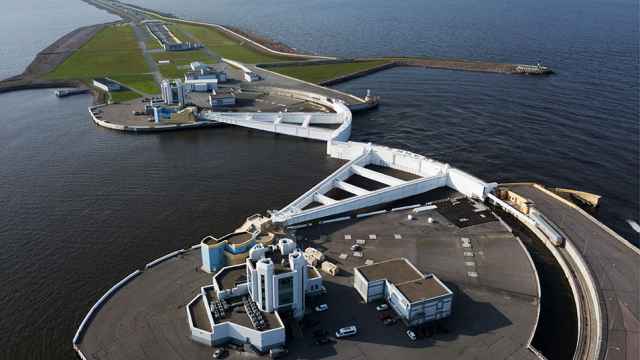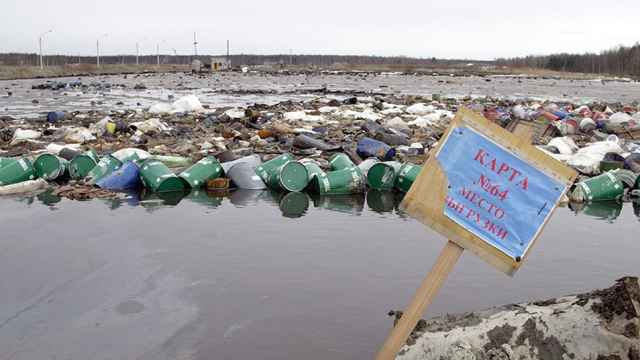A ballerina from St. Petersburg’s renowned Mariinsky Theatre has filmed herself dancing on the ice of the Gulf of Finland in a move to save a local beach from development.
Ilmira Bagautdinova is one of thousands speaking out against plans to construct a port terminal for grain shipments on Batareinaya Bay, a beach roughly 100 kilometers west of Russia’s second-largest city. In a video on Facebook, the ballerina performs a dance from Tchaikovsky’s “Swan Lake” in a nod to the swans that inhabit the area.
“A unique natural and historical place where swans nest in spring, families with children rest in summer and hundreds of fishermen go out on the ice in winter ... Nature in harmony with people. All of this is under threat of destruction,” Bagautdinova wrote, urging people to sign a petition calling on President Vladimir Putin to halt the beach’s development.
When asked whether she was cold, she responded that it was “all for the sake of preserving a unique natural place.”
In May 2020, the Russian government leased Batareinaya Bay to the Baltic Grain Terminal for 10 years, allowing the company to build a 35 billion ruble ($470 million) production and logistics complex and grain terminal there by 2024.
Activists say that in addition to being a popular recreation spot, the bay is part of a former protected wildlife zone and is a key habitat for rare plant species; animals such as the gray seal and ringed seal; and waterfowl and migratory birds, some of whom appear in the Red Book of endangered species.
In January 2021, Leningrad region governor Alexander Drozdenko said there was “no need” to build a separate port for grain shipments on Batareinaya Bay.
A Message from The Moscow Times:
Dear readers,
We are facing unprecedented challenges. Russia's Prosecutor General's Office has designated The Moscow Times as an "undesirable" organization, criminalizing our work and putting our staff at risk of prosecution. This follows our earlier unjust labeling as a "foreign agent."
These actions are direct attempts to silence independent journalism in Russia. The authorities claim our work "discredits the decisions of the Russian leadership." We see things differently: we strive to provide accurate, unbiased reporting on Russia.
We, the journalists of The Moscow Times, refuse to be silenced. But to continue our work, we need your help.
Your support, no matter how small, makes a world of difference. If you can, please support us monthly starting from just $2. It's quick to set up, and every contribution makes a significant impact.
By supporting The Moscow Times, you're defending open, independent journalism in the face of repression. Thank you for standing with us.
Remind me later.






